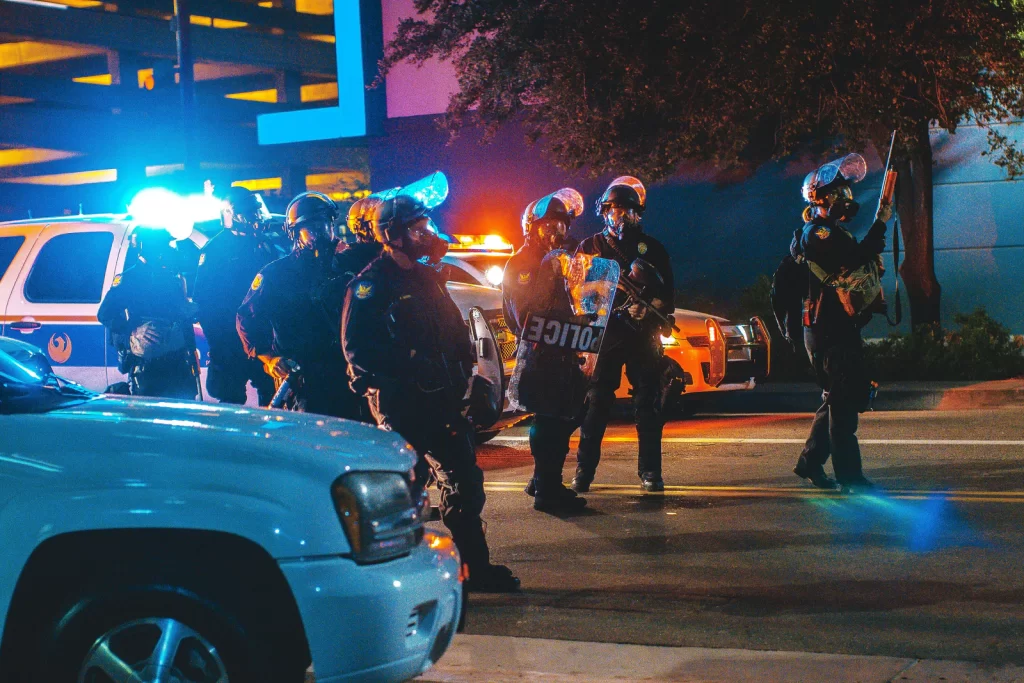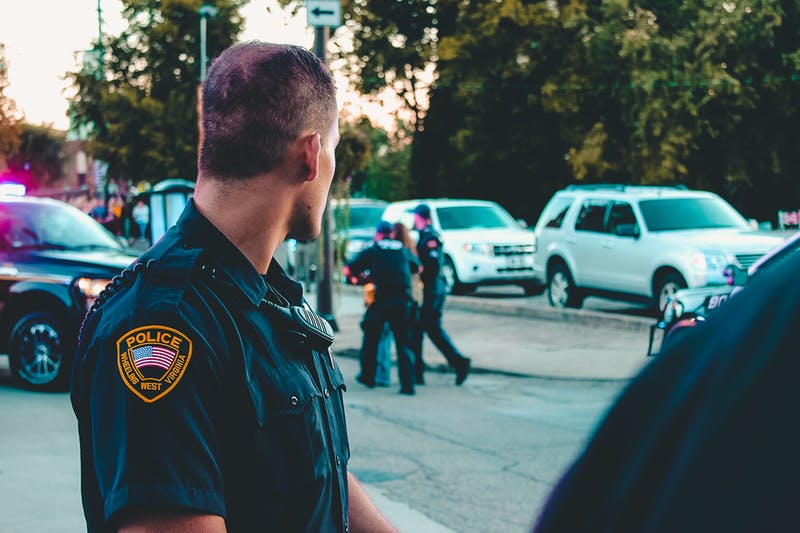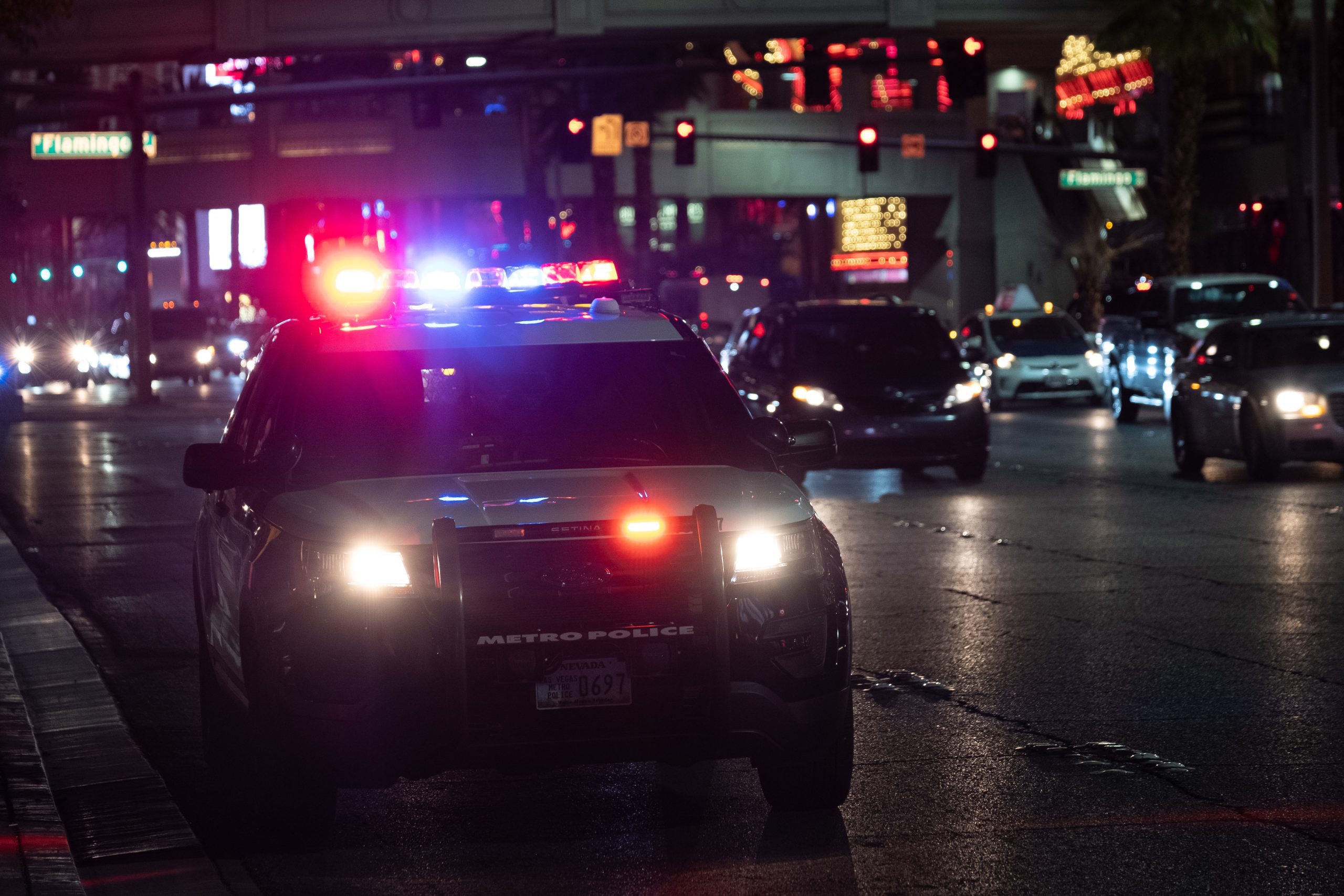The Fifth Amendment of the U.S. Constitution protects citizens from self-incrimination. The Fifth Amendment’s right to remain silent applies in many circumstances, including during a routine traffic stop.
Does the Fifth Amendment right to remain silent apply during a traffic stop?
During a traffic stop, the right to remain silent is an essential protection. That’s because police can use voluntary statements people make to police during a traffic stop in court.
Critically, both drivers and passengers have the right to remain silent. Note that a passenger can also request to leave and may do so unless the police refuse to allow you to do so.
When pulled over, drivers must present a valid driver’s license, proof of insurance and registration. The law requires that people show these essential documents during a traffic stop. From these official documents, police can see the driver’s name and address, date of birth and other basic information.
Not having the requisite paperwork to present during a traffic stop can result in a ticket, car impounding and other penalties. For example, failing to present valid proof of active insurance in New Jersey means mandatory penalties. In Michigan, such failure can expose people to up to one year in jail.
Beyond that, there is no requirement to say anything to the police. That’s the Fifth Amendment’s right to remain silent at work. People need not answer questions about where they are traveling to or from, where they were born or their citizenship status.

Attorneys’ Advice for Traffic Stops
Indeed, attorneys generally advise that people tread carefully if they decide to talk to police about anything during a traffic stop, as police are there to sniff out potential illegal activity. Remaining silent is preferable in most cases because police officers have interrogating skills designed to get people to say more than necessary, including incriminating statements. And contrary to popular opinion, speaking to police during a traffic stop does not signal that a person is innocent or has nothing to hide.
At most, people should advise police that they do not wish to answer any questions, but even such a statement is not required. According to the ACLU, some states require that people provide their name if asked to identify themselves, and an officer may arrest them for refusing to do so.)
Explanation for Traffic Stop
Even if police prefer to tell people in practice, they do not have to say why they stopped the car. Police must have a reason for the stop, but they do not have to disclose it.
Lying to Police
The best thing people can do in most cases is to rely on their Fifth Amendment right to remain silent. The worst thing they can do is lie to the police during a traffic stop. Simply put, police are trained to uncover lies and pick up on clues when people lie. Even lies about something minor can turn out badly, as all statements can become part of the police report.

What Fifth Amendment rights apply during a DUI traffic stop?
At a DUI checkpoint, police may legally conduct random traffic stops even if the driver did nothing wrong. Police can ask for the driver’s license, registration, and insurance, which the driver must provide.
Police will likely also ask questions to determine if the driver is sober. They may ask if the driver was drinking, where they are heading, and the like. No matter. Under the Fifth Amendment, people still have the right to refuse to answer any questions.
The Takeaway:
The Fifth Amendment of the US Constitution protects citizens from self-incrimination. The Fifth Amendment’s right to remain silent applies in many circumstances, including during a routine traffic stop.






